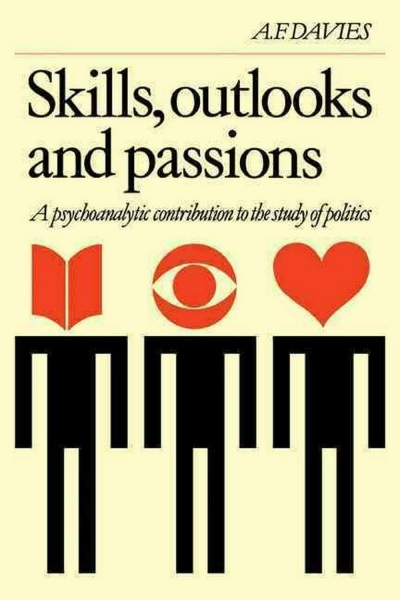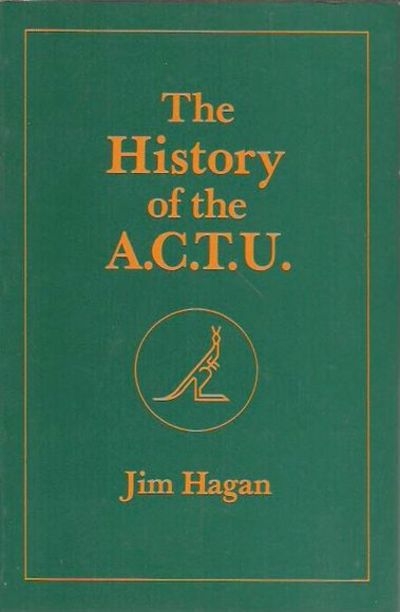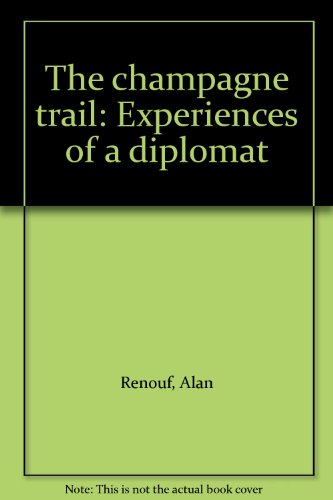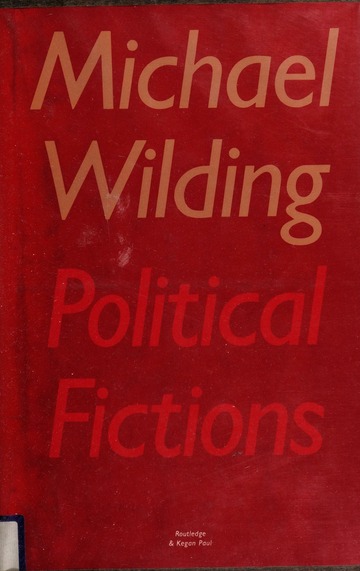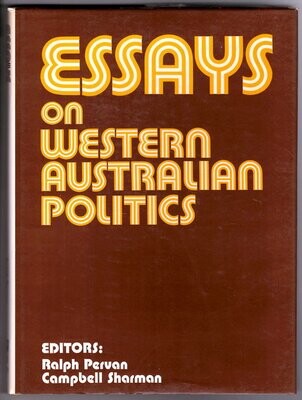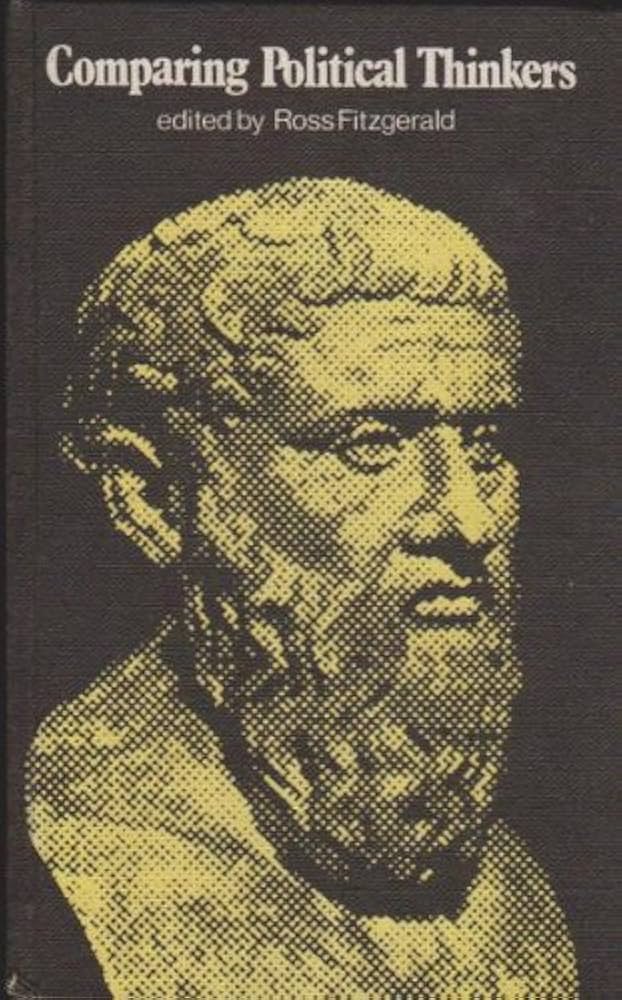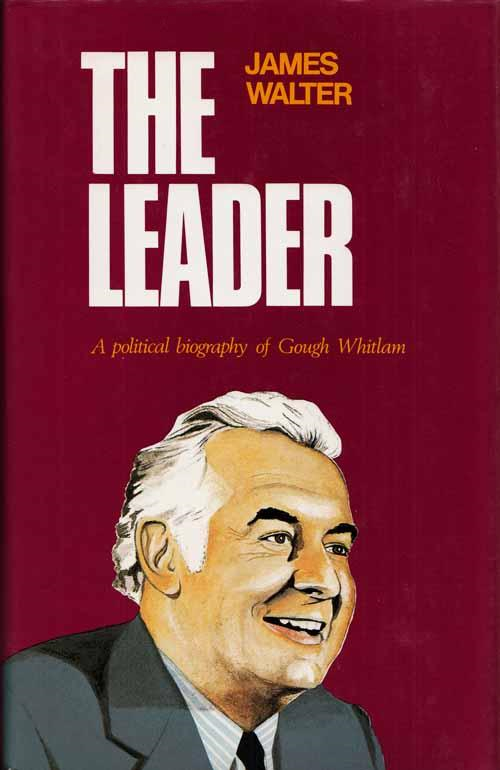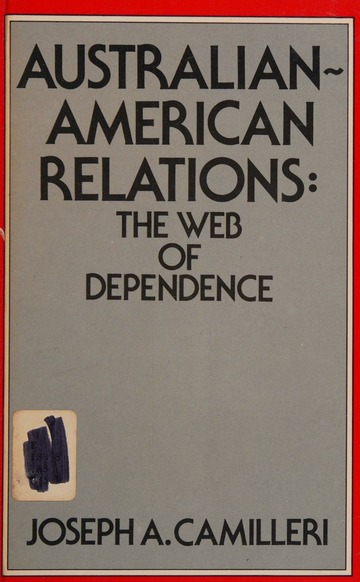Politics
Skills, Outlooks and Passions: A psychoanalytical contribution to the study of politics by A.F. Davies
There is a Melbourne school in the study of politics, a group of scholars whose work in biography, and in public opinion and public administration studies has been strongly influenced by psychoanalysis, and stresses the importance of unconscious motivation. The Melbourne school is a loose grouping; some of its members would deny that it has a leader, but it owes its existence, and much of its success, to Professor A.F. Davies of Melbourne University’s Political Science Department.
... (read more)Australia’s need for a definitive history about its national trade union centre has been handsomely filled by Jim Hagan. His exhaustively detailed study must become the base for future researchers who will seek to assess what happened in our times.
... (read more)Finding the answers is often not half as important as asking the right questions. Desmond Ball has written an important book even though he raises more fundamental questions than he answers.
The central question in A Suitable Piece of Real Estate is simply ‘What are the rights and responsibilities of a host country which allows installations of a foreign, albeit, friendly state, to be sited on its territory?’ The author has dedicated the book For a Sovereign Australia. Australia is the host country in question, with American defence, scientific, and intelligence installations on its territory; but the situation he describes in great detail could, and probably does, apply elsewhere.
... (read more)As a part of the Bicentenary History Project, the A.C.T. Regional Working Party of the Bibliographic Volume is to make one of its responsibilities the publishing of reviews of books of Australian bibliographic significance in the History’s bulletin Australian Historical Bibliography. Because the chronological coverage of the history extends to 1988, and the subject coverage is intended to be such as to satisfy the inquiring layman on any aspect of Australia’s past, this means that they are interested in almost any bibliographies at all.
... (read more)The obvious cliche to describe this book is ‘light and frothy’. The beer connotation is more apt than the sparkle of champagne conjured up in the title.
Alan Renouf traces in more or less anecdotal fashion his career as an Australian diplomat. There are very readable, if almost glib, passages about his experiences at overseas postings and at home in the public service. These are interspersed with commentaries on the exasperating job of running the Foreign Service Department, the long list of duties and responsibilities entrusted to diplomats, and the declining state of the Australian Foreign Service. Some of this is highly interesting, but the book’s uneven pace and the abortive attempt at sparkling wit do little to enhance the author’s distinguished reputation.
... (read more)Political Fictions by Michael Wilding & The Workingman’s Paradise by William Lane
Not the least of the many virtues of Michael Wilding’s Political Fictions is that it sets out its argument in a cogent way, stating its intellectual premises forthrightly and following them through with as little compromise as possible. This sort of ideological criticism (ideological, even though Wilding insists his judgments are primarily literary ones, and analyses the prose of the chosen novels closely) is rare in Australia. Here critics have mostly been content to proceed from a purely pragmatic basis – or, as the sympathetic would have it, have been content to be intelligent rather than ideological.
... (read more)Essays on Western Australian Politics by Ralph Pervan and Campbell Sharman
This is an interesting and important book dealing with Western Australian politics in general but it also manages in depth treatment of various aspects of the political process. The book is divided into two parts: the first part deals with government, which includes the federal-state relationship, the parliamentary system. electoral politics, public administration, the role of the executive and the place of local government in Western Australia. The second part of this well-conceived book deals with party politics and the role, nature, organization and ideologies of the three major political parties. The occasion for publication was the 150th anniversary of the founding of Western Australia and this constitutes a scholarly contribution to mark the occasion. It is easy to agree with Sir Charles Court, the Western Australian Premier, when he writes in his foreword that ‘the collection is seen as a worthwhile contribution to the scholarly heritage of the State’.
... (read more)Shakespeare’s Dogberry, moving as usual beyond conventional platitude, roundly condemned all comparisons as odorous. Although this book consists entirely of essays in comparison, one need approach it with no Dogberrian apprehensions. Indeed it is one more manifestation of a recent and surely healthy tendency in the academic study of politics, namely, the willingness to take seriously political theories and ideas rather than merely engage in the ‘scientific’ study of political behaviour, itself often the excuse for an arid pursuit of near-meaningless statistics.
... (read more)The Leader: A political biography of Gough Whitlam by James Walter
It is ironic and, perhaps, happy for him that the most vainglorious of Australian Labor Party leaders has so quickly become the subject of more books than any Australian Prime Minister. Your ‘1975’ library now contains many instant histories, polemics, laments, critical academic studies, eulogies, and edited highlights, but not yet a comprehensive biography of Gough Whitlam.
... (read more)Australian-American Relations: The Web of Dependence by Jospeh A. Camilleri
Virtually every book examining the whole or part of Australia’s postwar foreign policy has taken the American connection as its focal point. Camilleri, a prolific scholar and well-known commentator on international politics, however, shifts the emphasis and integrates some new dimensions. Instead of centring his study on the isolated aims of Australian policy-makers, he assesses the relationship within the framework of the major partner’s global strategy. The first critical factors to isolate are the changing needs and capabilities of the world’s leading capitalist nation; how have the Americans perceived their interests and responded in a dynamic global environment?
... (read more)

